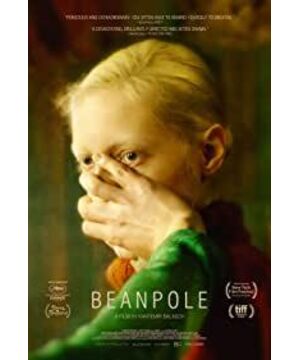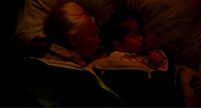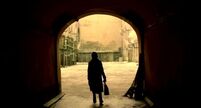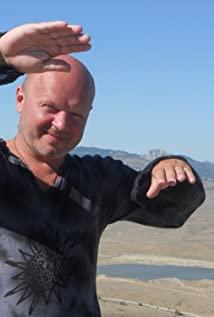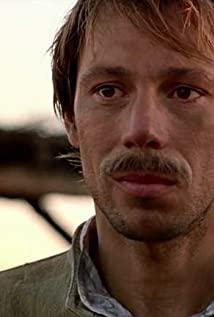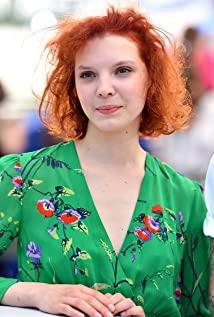The 2020 Shenzhen EU Film Festival, the last film to watch at this film festival, has indeed left the heaviest imprint on my heart.
The extensive use of red, green, and brown somehow reminds me of Yasujiro Ozu, who was so obsessed with color when he started making color films, that he used the same red, green, and brown a lot, even switching between shots. Every angle is stuffed into a red kettle, and the shots are carefully arranged like a painting. In this one, you can also see the obsession with the color of curtains, backgrounds, and clothing (although it is much richer and more Soviet-Russian than Ozu), and many of the pictures are comparable to the quality of oil paintings. In one of the shots (the last scene of eating at the officer's house), a green kettle also appears abruptly on the table. Is it very similar to Ozu's red kettle? I think that Ozu also spent most of his life shooting the post-war Japan in his own way. It is so consistent with the theme of this film that even if the director was not influenced by Ozu, he couldn't help but feel very echoed (although this one is going to be painful). torn a lot). That's an added bonus I've come to appreciate.
The way the whole story progresses is also very characteristic of the director's personal style. He is not in a hurry to reveal all the information at the very beginning, but is always pushed out bit by bit in slow shots and dialogues, and slowly in the most casual scenes. Telling the most astonishing facts, then leaving a lot of blank, patting eyes, movements and subtle changes in expressions, the energy and stamina contained in this expression are too much, how can I put it, it seems to have a modern and classical feeling. Exquisite and delicate, it presents the characters in front of you like a magnifying glass, without using too many lines to express your heart, but directly conveying your feelings to you from every breath. The quieter it is, the more immersive it is.
It is impossible to explain in one sentence what the life of the people was like after the war. Every ordinary person deserves to be written about, because the trauma that everyone has experienced is too painful to be smoothed out by time alone. They can only keep colliding with each other and tearing each other, and they may even survive in the future. Wasn't the pain Masha inflicted on Ivy and the medic a continuation.
Masha is so beautiful, but her eyes and expressions are full of hard things. All her efforts are to seize the hope of life for herself. This desire for hope is so strong that she even looks hideous, but in the end she heard When all the stories are in full view, I can't hate her at all. too difficult. Everyone's pain and fate are intertwined, and the shock echoes. Only by understanding these can we especially understand the feelings between the two women, and the painful kiss between the two (which was deleted from the film festival). This kind of relationship is not all love or hate, there is mutual dependence, there is mutual distress and protection who know each other's pain, and there is knowing that the other party knows their own pain, so they want to push away, never have a relationship with this person, or even think about it. In the mood to perish together, they hate each other because they hate the common past, and they also love each other because only the other party is their support and meaning. They can't repair the past because what happened has happened, like the scar on masha's stomach. But what can be done? Are you going to die together? No, they have to keep going. There was only one absurd hope for that: children. It is this hope that makes the male characters in the film meaningful, because emotionally, they don't need another male. This is not because they are naturally gay, not as a mutual attraction between two women, but as an entanglement of the fate of two people. Too immersive. As a male director, it is really amazing and really gentle to be able to capture such complex emotions so thoroughly.
View more about Beanpole reviews


